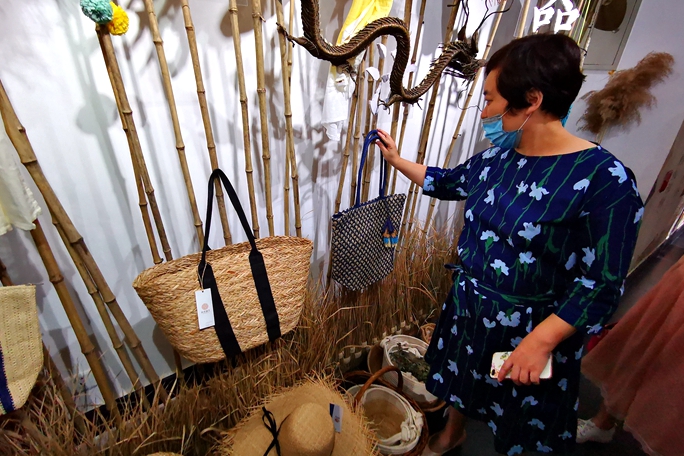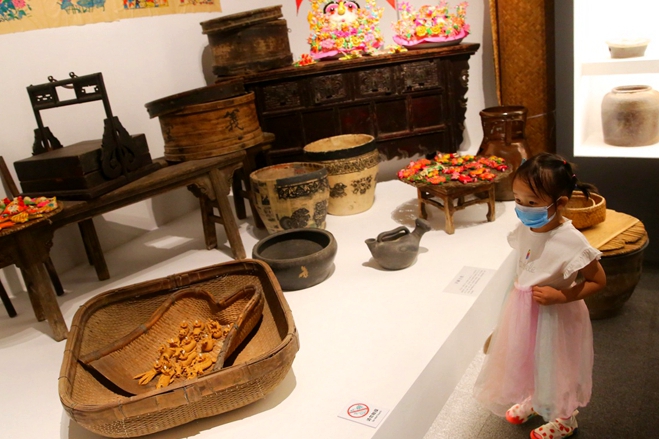Surnames should adhere to tradition and social norms
A COUPLE IN JINAN, capital of Shandong province, wanted to register their daughter with a surname different from that of either of them. The local police rejected their request and a court also later ruled against their request. Hebnews.cn comments:
The Supreme People's Court published the case as a guide to all courts nationwide. The reason it gave was, citizens should follow traditional Chinese culture and ethics when registering a name for their children.
That does not mean a child can only have the surname of either his mother or father. Actually, the Standing Committee of the National People's Congress, the nation's top legislature, issued a judicial explanation in November 2014 that made clear three conditions under which another surname was permitted: First, selecting a surname of another immediate family member, such as the maternal grandmother; second, selecting the name of the adopter in case of adoption; third, other conditions not contrary to traditions.
According to the Supreme People's Court, the move of the parents does not belong to "other conditions". In China, the surname of a person tells which family a person comes from. More importantly, it is deeply associated with the order of the society.
If one's surname could be changed at will, that will not only deal a blow to the family lineage, but also challenge the normal order of the society and the traditional culture.
Some say we live in a different age. True, but that only makes holding on to our traditional culture even more important.

 Shandong Culture and Tourism Consumption Season
Shandong Culture and Tourism Consumption Season Culture, tourism sectors pick up in Shandong as epidemic wanes
Culture, tourism sectors pick up in Shandong as epidemic wanes

